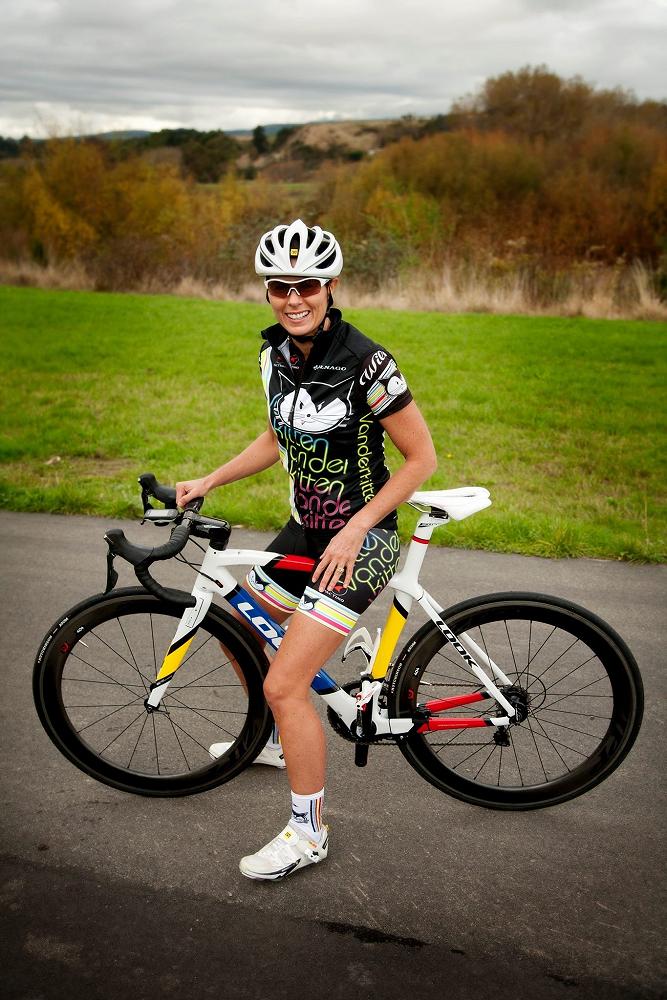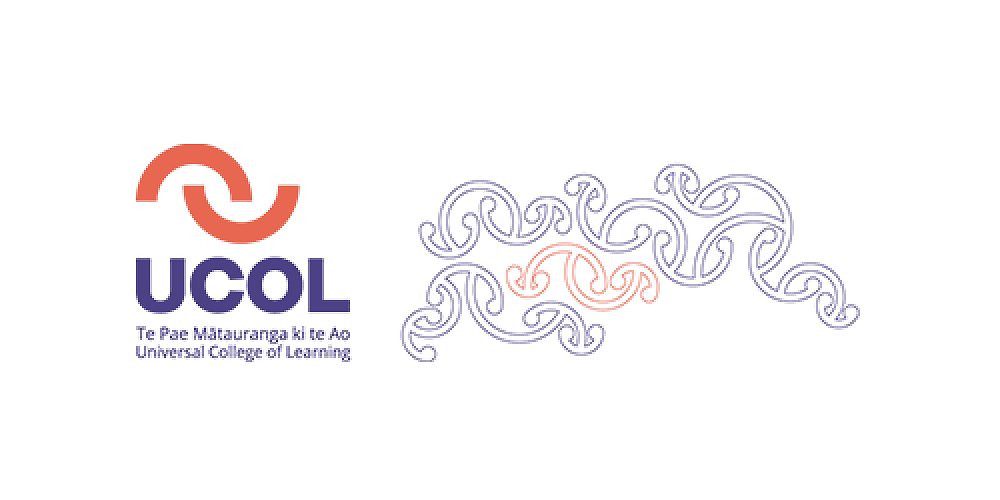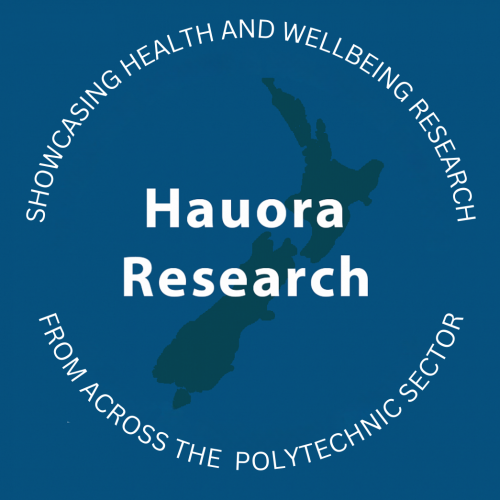
Concussion and low mood: Effects on participation in physical activity
Universal College of Learning: Issues of self-identity are important to consider when supporting people to take part in physical activity, while experiencing low mood after a concussion.
“Concussion is a brain injury that commonly causes depression, anxiety, severe headaches and ‘brain fogginess’,” says Suzanne Charles, a Lecturer in Physical Health and Wellness at Universal College of Learning (UCOL). “Long-term disability from concussion can have a substantial impact.”
Charles herself has personal experience of this. A former elite cyclist who competed internationally, she experienced the debilitating effects of concussion after being knocked off her bike during a race.
“The impact of the concussion on my life was massive and limited my participation in the sport that was core to my self-identity,” she says. “Even now, 13 years after the event, I still experience daily headaches.”
Studies have shown that physical activity improves mood in those experiencing post-concussion depression, though physical activity must be undertaken with caution to avoid aggravating concussion symptoms. However, Charles realised there was little research about people’s experiences of engaging in physical activity after concussion.

Using Interpretive Phenomenological Analysis (IPA), Charles explored the experiences of two people – one man and one woman – experiencing depressed mood after concussion. The participants were recruited after they responded to a flyer, and each agreed to participate in a semi-structured interview about their experiences of physical activity after concussion.
Physical activity was defined as anything that got the participants moving around: “These activities included going for a walk, playing outside with children, mowing the lawn, gardening and so on,” Charles says.
Three superordinate themes emerged from the research. The first was This is not who I am, relating to participants’ comparisons of themselves before and after concussion.
“Both participants struggled to accept and live with the physical and mental changes they were experiencing, and felt embarrassed or unwanted as a result of these impacts,” says Charles.
The male participant, an avid club rugby player, was unable to participate in games or trainings. His concussion also affected his work hours and income, and he described himself as feeling worthless. “I almost committed suicide,” he said. “I was grateful it didn’t go through.”
Charles observes, “If you can’t be who you perceive yourself to be, this can negatively affect depressive symptoms post-concussion. This emphasises a need for health practitioners to consider a patient’s sense of self-identity during concussion recovery.”
She also points out that it is possible for identity to evolve over time: “My own self-identity changed through study, so this can apply to interests outside or adjacent to exercise and sport as well.”
Another theme was Living with an unmotivated self, which reflected participants’ perspectives that there was no point taking part in physical activity because they might not succeed, or because they felt discouraged by the effort and energy it required.
The third theme was I did it, and I can do it again. Both participants reported feeling positive after participating in physical activity, but noted that those effects didn’t last long. The female participant, who was a Zumba instructor, said she felt happy and good about herself after physical activity, but that if she didn’t exercise the following day, her moods and motivation would decline.
“Starting with low intensity exercise programmes can allow feelings of accomplishment and a sense of competence, boosting intrinsic motivation,” says Charles. “Pleasure and genuine interest should be prioritised over exercise outcomes, at least until concussion symptoms begin to heal and exercise intensity can be increased.”'
- Suzanne Charles is a Lecturer – Exercise and Wellness at UCOL with expertise in neurological rehabilitation. Shortly after winning the 2008 New Zealand Road National Championship, Charles faced an accident while cycling, suffering a concussion and other injuries that drastically impacted her health. Charles’ personal experience motivated the start of her research journey. She completed her Postgraduate Diploma in Clinical Exercise Physiology from UCOL and her Master of Health Science from Otago University. Charles loves snow skiing in the USA, particularly Colorado and Utah, and makes it a point to visit every summer that she can. Contact Suzanne Charles
- Visit UCOL

